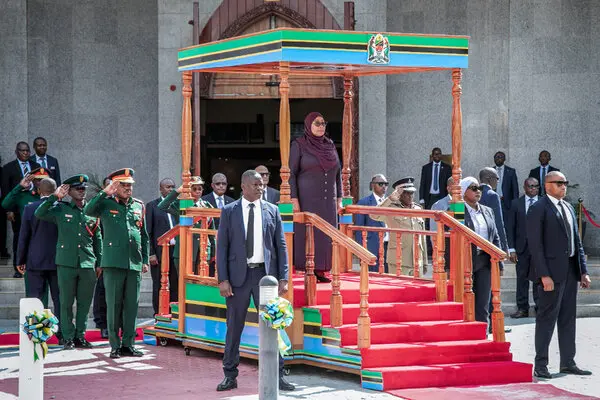High-ranking US lawmakers have called for a formal review of the United States’ relationship with Tanzania following post-election violence in the East African nation. Senators Jeanne Shaheen and Jim Risch, prominent members of the Senate Foreign Relations Committee, voiced concerns on Monday, November 17, citing political repression and human rights violations.
The Senators stated that while the US-Tanzania relationship has historically been grounded in shared democratic values and economic cooperation, the recent unrest signals a concerning shift away from the rule of law.
“Tanzania’s continued pivot from the rule of law, reform, and good governance demands a genuine assessment of the US bilateral relationship with Tanzania,” the lawmakers said.
The October 29 elections in Tanzania, they noted, were marred by state-backed political repression, targeted abductions, and manipulation, raising serious questions about the credibility of the presidential outcome. According to the Senators, the results were effectively predetermined.
“In response to these less-than-credible elections, Tanzanians took to the streets to display their deep frustration and anger,” the Senators said. “Unfortunately, instead of heeding calls for reforms and electoral transparency, the Government of Tanzania’s heavy-handed security response resulted in the death of hundreds.”
Senators Shaheen and Risch also criticized the administration of President Samia Suluhu for Internet shutdowns that disrupted business operations and limited communications. They warned that the ruling party had fostered an environment of fear, not only within Tanzania but also affecting regional security.
The petition for a bilateral review comes two weeks after President Suluhu’s inauguration for a second term, held at a military playground in Dodoma rather than the customary stadium venue. The opposition and international observers alike have raised concerns over the lack of transparency and fairness during the polls.
As the United States considers its next steps, the call from Shaheen and Risch underscores growing scrutiny of Tanzania’s political climate and its implications for international relations

